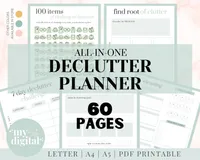5 signs you are losing control of clutter – expert decluttering tips to avoid chaos
You might need to declutter if you start to notice these five signs around your home, experts warn

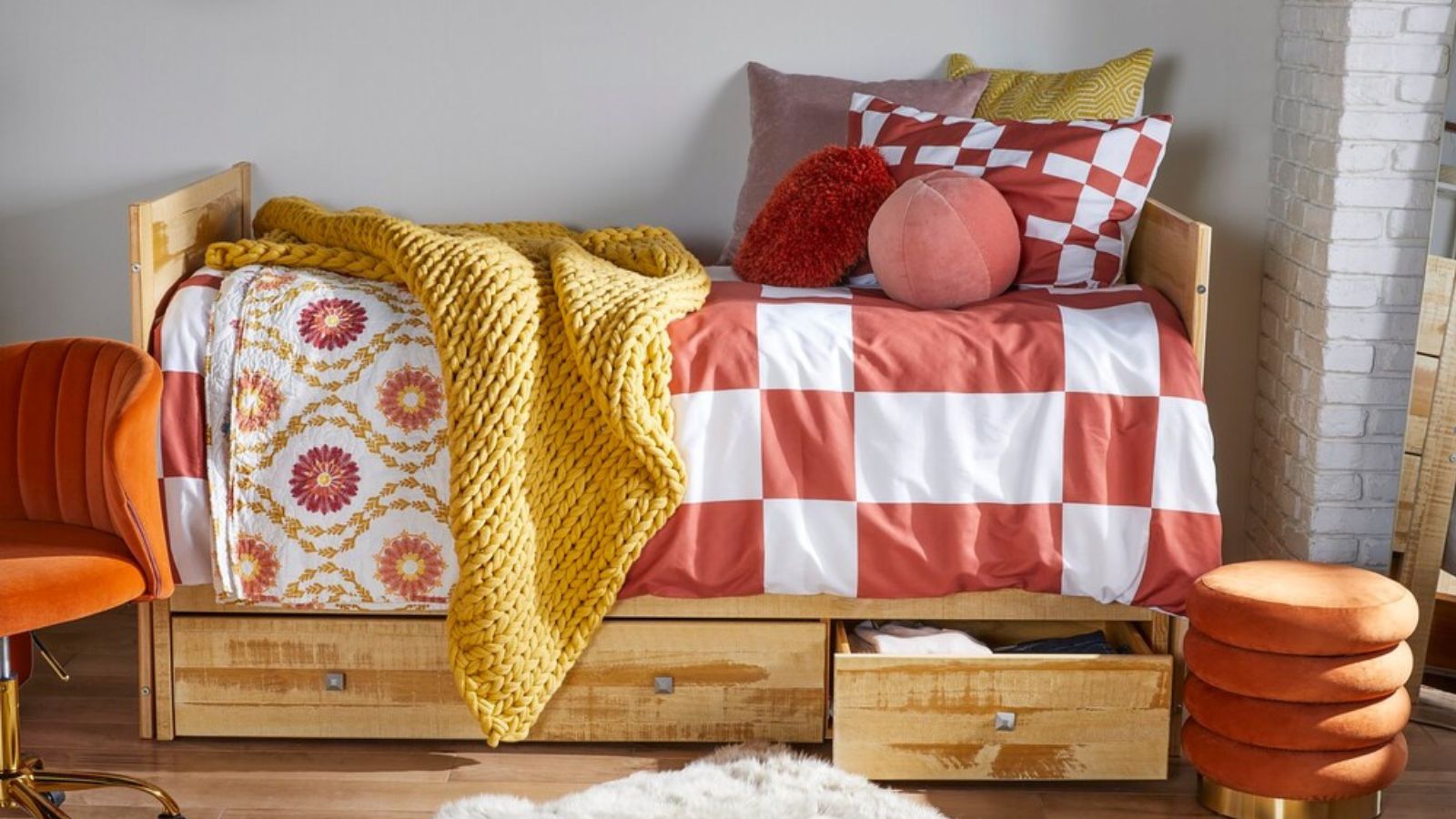
Design expertise in your inbox – from inspiring decorating ideas and beautiful celebrity homes to practical gardening advice and shopping round-ups.
You are now subscribed
Your newsletter sign-up was successful
Want to add more newsletters?

Twice a week
Homes&Gardens
The ultimate interior design resource from the world's leading experts - discover inspiring decorating ideas, color scheming know-how, garden inspiration and shopping expertise.

Once a week
In The Loop from Next In Design
Members of the Next in Design Circle will receive In the Loop, our weekly email filled with trade news, names to know and spotlight moments. Together we’re building a brighter design future.

Twice a week
Cucina
Whether you’re passionate about hosting exquisite dinners, experimenting with culinary trends, or perfecting your kitchen's design with timeless elegance and innovative functionality, this newsletter is here to inspire
We have all been in a position where our homes stress us out. Whether we can't find anything or there is clutter on every surface, it can feel like our homes are spiraling out of control.
Whether you are trying to clean a house when you're too busy or find yourself fighting to declutter when you feel overwhelmed, it is easy to lose track of household clutter despite our best efforts.
These are the five signs you are losing control of clutter you need to look out for and what to do to maintain order, according to the experts.
Signs you are losing control of clutter
These five decluttering tips are perfect for regaining control when our homes get out from under us.
1. You can’t find anything easily
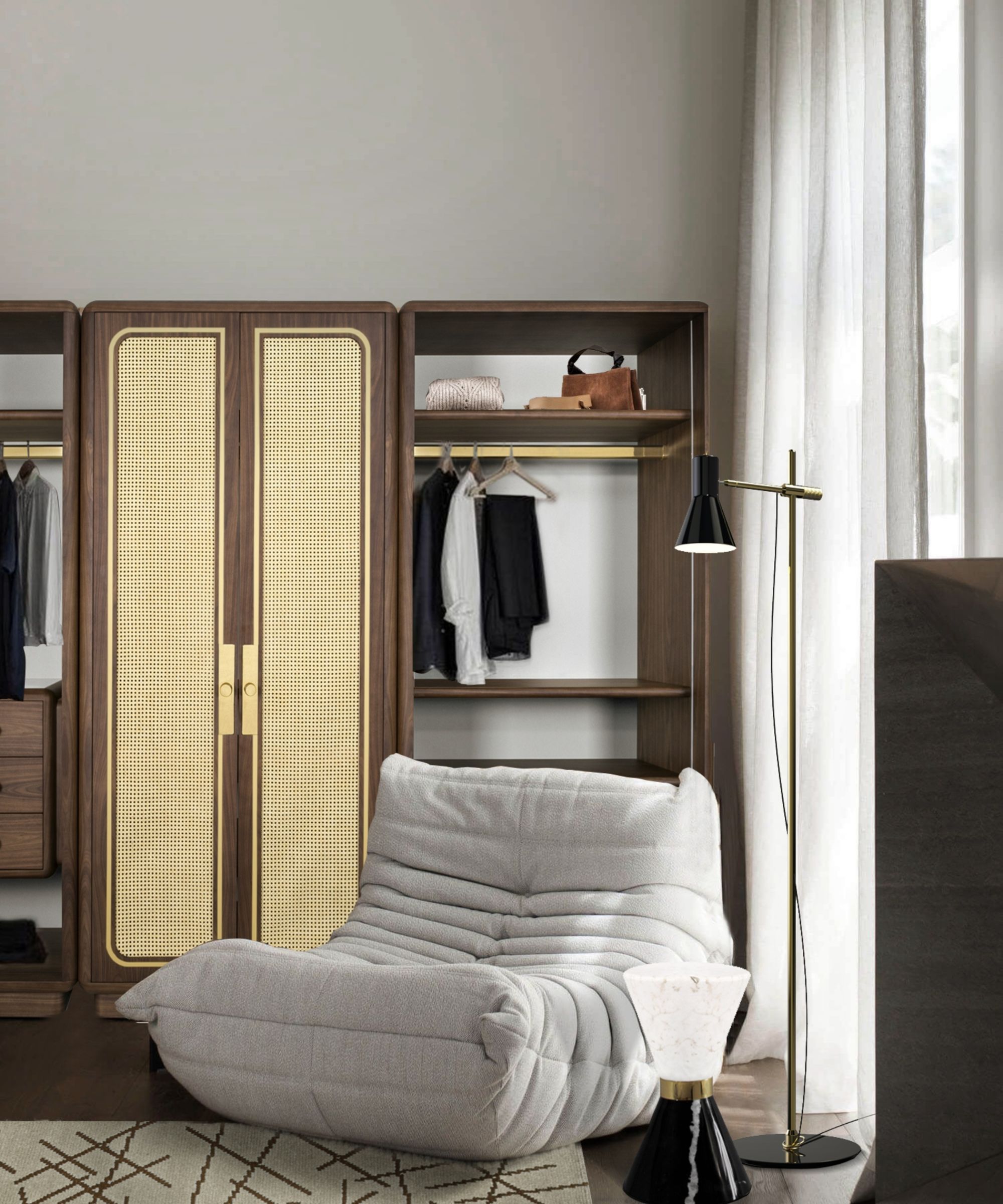
'One of the major signs it’s time to declutter your home is when you cannot find anything in less than 10 minutes or feel overwhelmed trying to find basic or essential items regularly,' begins Diane Quintana, professional organizer and owner of DNQ Solutions. 'Catching yourself buying replacements for lost items you can't find is another red flag.'
‘To help combat this and reinstate order, start in one small spot,’ she begins. ‘Be specific regarding what you want the space to look like when you're done. Determine what you want to keep there. If there is something that won't fit, decide if you want to keep it, donate, sell it, or remove something else to make room for the item that won't fit.
‘My recommendation is to start in the place you use the most. Understand that new routines and habits need to be created so the space can be maintained once you get it the way you want it. Continually ask yourself if you need, use, or love the things that get in the way. If the item doesn't fit at least one of those three categories, then what is the purpose of keeping it?’
Design expertise in your inbox – from inspiring decorating ideas and beautiful celebrity homes to practical gardening advice and shopping round-ups.

Diane is a Certified Professional Organizer in Chronic Disorganization based in Atlanta, Georgia. She earned a Hoarding Specialist credential from the Institute for Challenging Disorganization and has co-authored a book called: ‘Filled Up and Overflowing: What to do when life events, chronic disorganization or hoarding go overboard.’
2. You have piles of paperwork gathering everywhere but your office
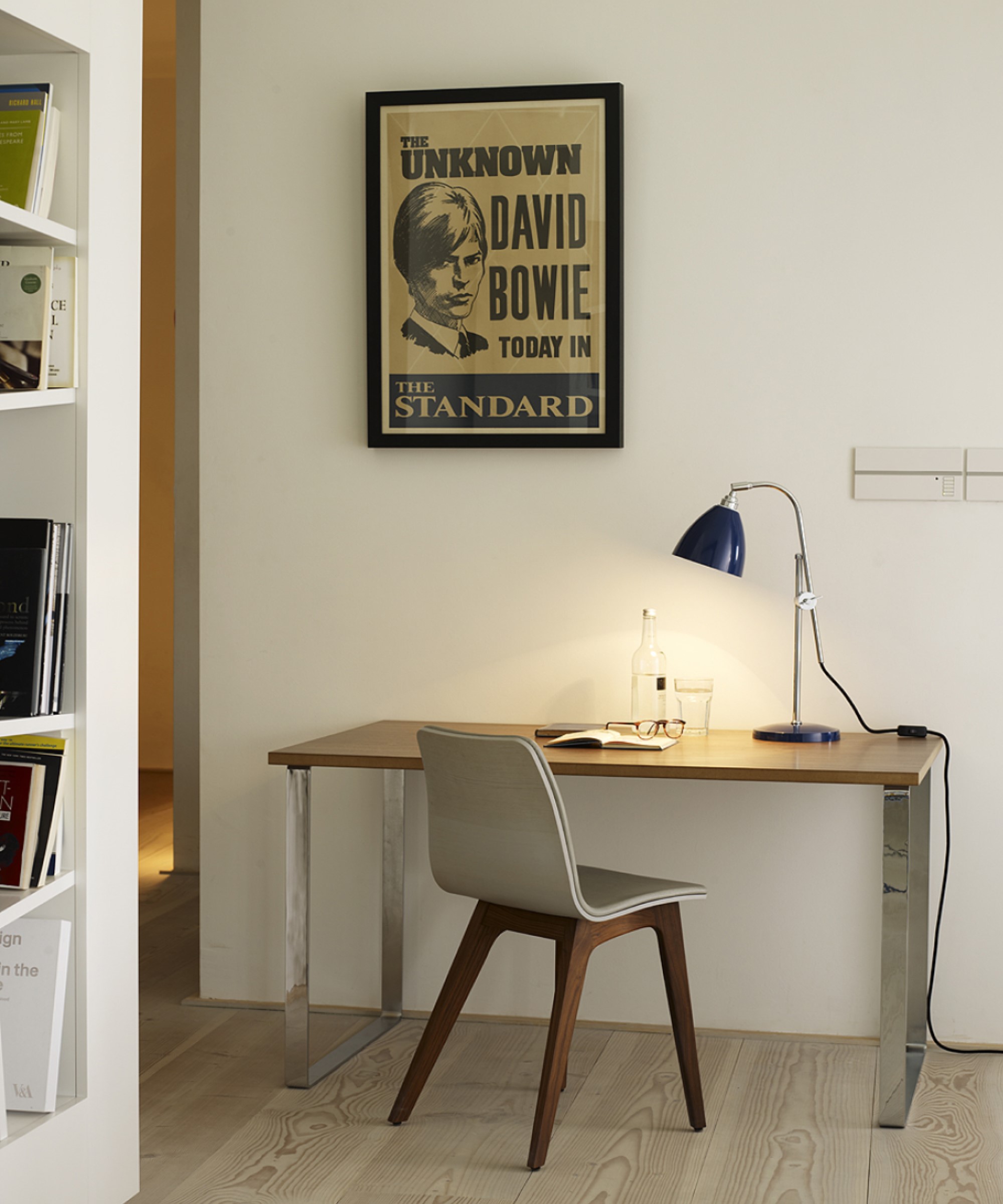
In a digital world, paperwork may be few and far between, but if you are finding stacks of it piling up everywhere except your home office storage, you might be losing control of basic home organizing, says Elizabeth Dodson, co-founder of HomeZada:
‘These could include financial and legal documents, receipts, wills and trusts, product warranties, lists of personal inventories – and a whole lot of other paper that you are simply reluctant to throw out.
‘A good rule of thumb that the situation is getting out of control is whether you can retrieve a specific document within 10 minutes. If not, you have a clutter problem costing you stress, money, and time – and adding to your carbon footprint.’
Elizabeth recommends setting up a digital home management system to help get rid of paper clutter without losing important documents. This way, you can store all of these important papers in a cloud-based library with easy mobile access via any handheld device.
‘Most of these digital home management services can also digitally store photos, videos, and receipts to document a homeowner's personal property for insurance purposes, further reducing paper clutter and impact on the environment while adding peace of mind. A paperless office and home leads to a smaller footprint.’

Elizabeth Dodson is the co-founder of HomeZada, a cloud-based platform dedicated to digital home management. The app helps users manage their insurance, home maintenance, and finances.
3. You are avoiding certain spots or rooms

'If you are not using your whole home because you are actively avoiding certain areas due to clutter, your home is controlling you – you are not controlling the clutter,' says Stephanie Deininger, professional organizer and founder of The Organized Flamingo. ‘For example, you will use another entryway, if available, to the room to avoid looking or addressing the clutter.’
Once you have decluttered your home room by room, Stephanie recommends enforcing the boundary method to keep a cap on your belongings – ‘once a cabinet is full or messy, you will clean and organize it before buying more. It's similar to the one in, one out rule.’
All-in-One Declutter Planner | View at Etsy
This printable decluttering planner is all you need to help tackle your home's mess without missing a step. It is perfect for both keeping on top of your belongings and starting off on your first big clearout.

Stephanie has been helping businesses and people get organized for over 20 years. She is also a member of NAPO National and NAPO Colorado Chapter (National Association of Productivity & Organizing Professionals).
4. Your storage is overflowing
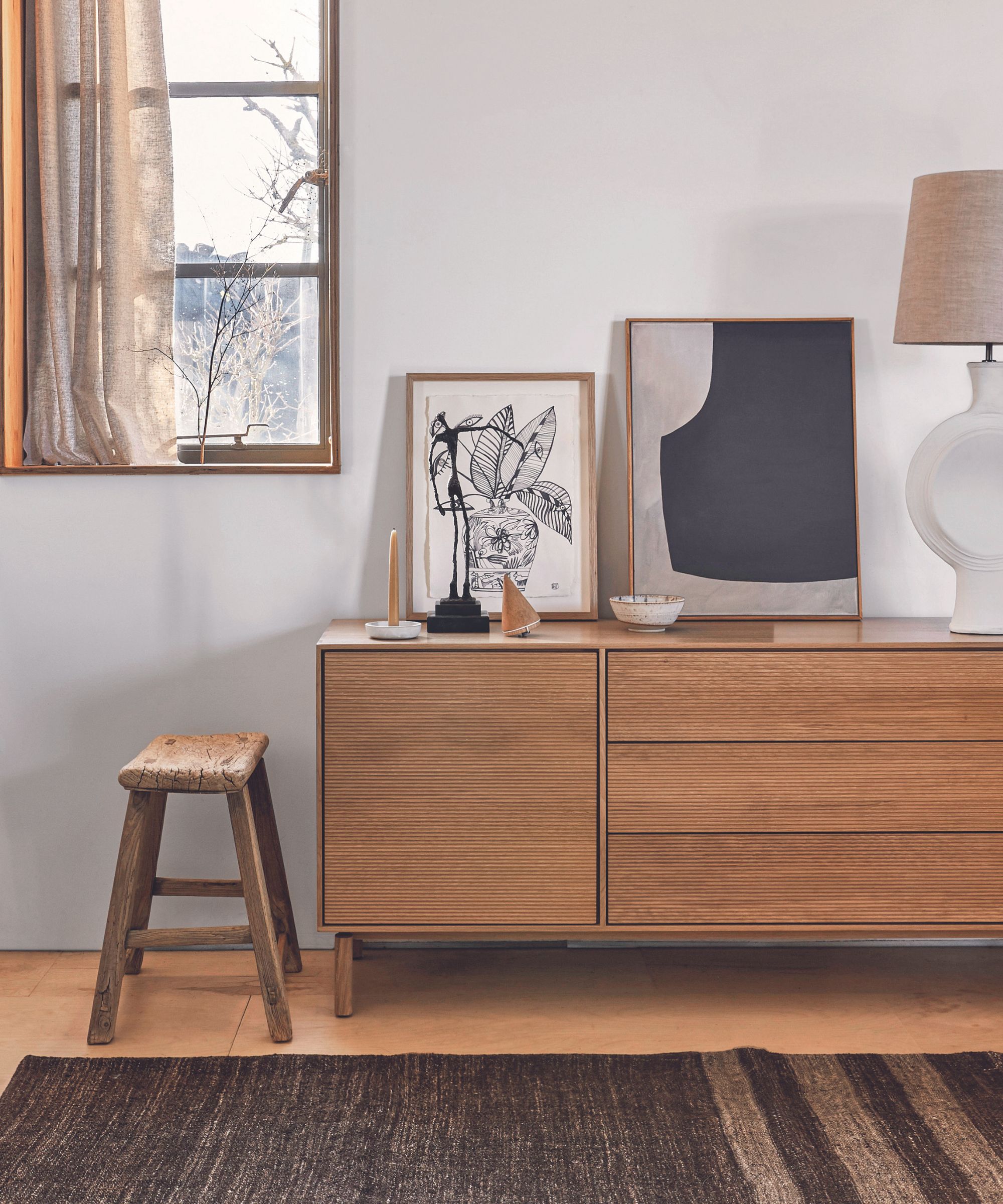
'If you haven't made a boundary rule and your home storage is overflowing, you need to step up before you lose control,' warns Mary Jo Contello, professional organizer and founder of Organized by MJ. ‘If everything is full, that leaves no place to put anything, which means it will all be out and on top of counters and the floor,’ she says. ‘To prevent your home from becoming overcrowded, you should always practice one thing out for one thing in as well as purging regularly before major holidays and birthdays that involve gift giving.’
To tackle these spots quickly, you can also try the three-second decluttering rule to help make fast decisions about clutter as you pull it out of cabinets or off of shelves.

Mary Jo Contello spent years in the corporate world, when downsizing and layoffs left her with a sudden need for a new direction in life. Passionate about organizing, she started Organized by MJ with the goal of cleaning and organizing people’s spaces in Houston, TX and the surrounding communities.
5. You don’t know what you already have at home
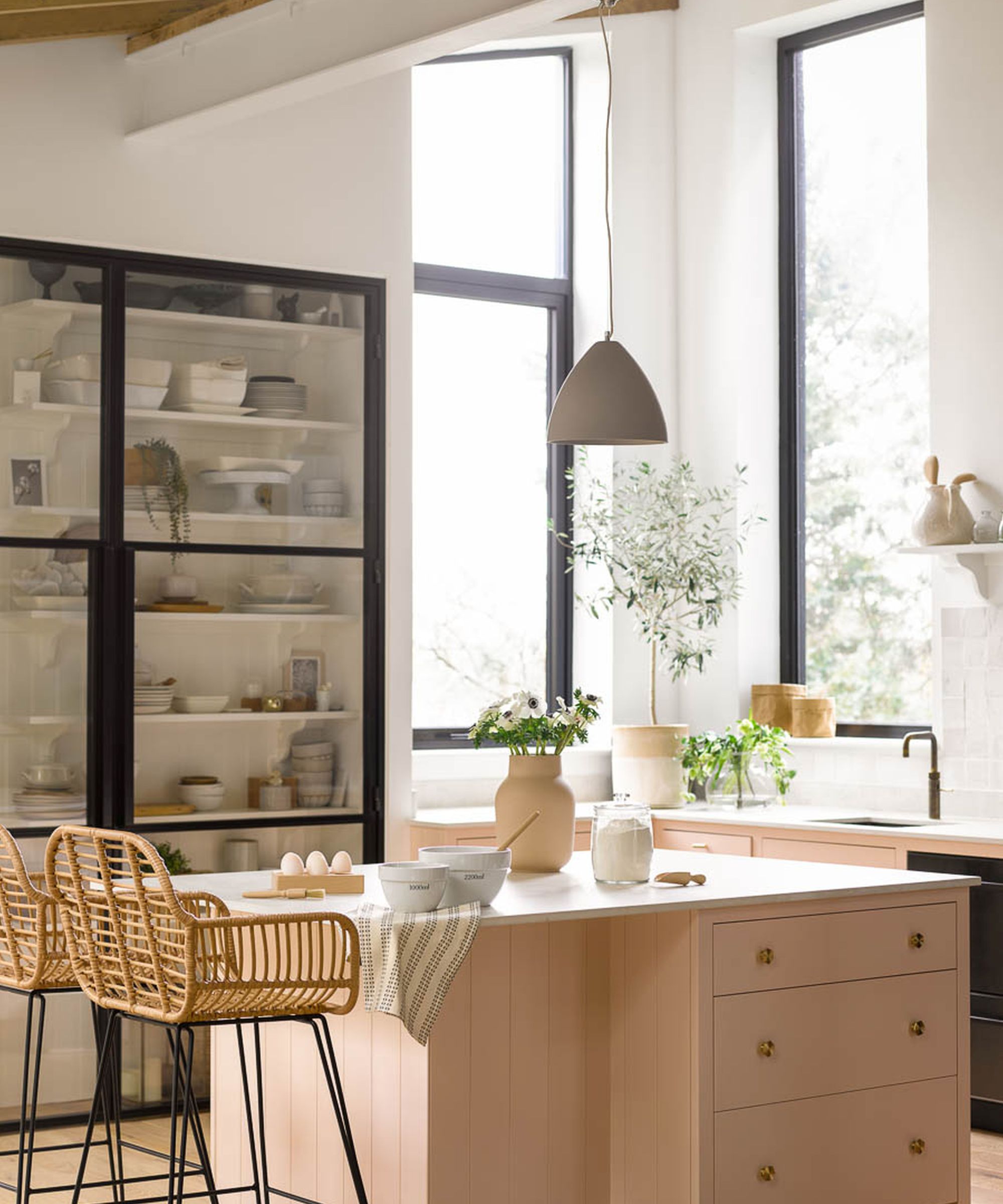
“We already have that at home” may sound like something your parents would have said, but if you are struggling to think of this while shopping and are repeatedly buying duplicates by accident, you may be losing control of your belongings,' continues Stephanie Deininger, professional organizer.
‘To stay on top of what you own and prevent adding to the clutter, get in the habit of making a list of the things you need to check for at home before buying something. This will avoid duplicate purchases that contribute to clutter. You can always go back to the store or order online if you do need an item after all.’
FAQs
What is clutter a symptom of?
Recurring clutter that impedes your usual routine can be a symptom of many things, ranging from an overly busy lifestyle to excessive stress or a mental health disorder such as anxiety or low mood. If you struggle with clutter despite having good home organizing systems in place, it may be time to talk to friends and family to share your struggles or reach out to a professional to help the root cause.
Why do I make piles of stuff everywhere?
If you are a chronic piler and struggle to put things away, it may be because you are unsure how to store things or do not have good organizing systems in place around your home that make putting things away easier. If you are unsure what to do with an item, think about how and when you use it and find somewhere to store it in a correlating space. Boots and coats should go in your entryway, for instance, while bills and documents should go wherever your computer or laptop is stored. If there is no space in that area, decide if you need to declutter existing storage to make room for more pressing items or if you need to add storage if there is none at all for a more functional home.
Admitting that your control of clutter has slipped away from you can be tricky, but as you become more accustomed to catching onto what chaos looks like in your home, you will also develop more robust systems for avoiding it in the future, gradually improving your storage to avoid the same mistakes again.

Chiana is Homes & Gardens’ kitchen appliances editor. With a lifelong passion for cooking and baking, she grew up experimenting in the kitchen every weekend with her baking-extraordinaire Mom, and has developed a great understanding of how tools and appliances can make or break your ideal relaxing kitchen routine.
